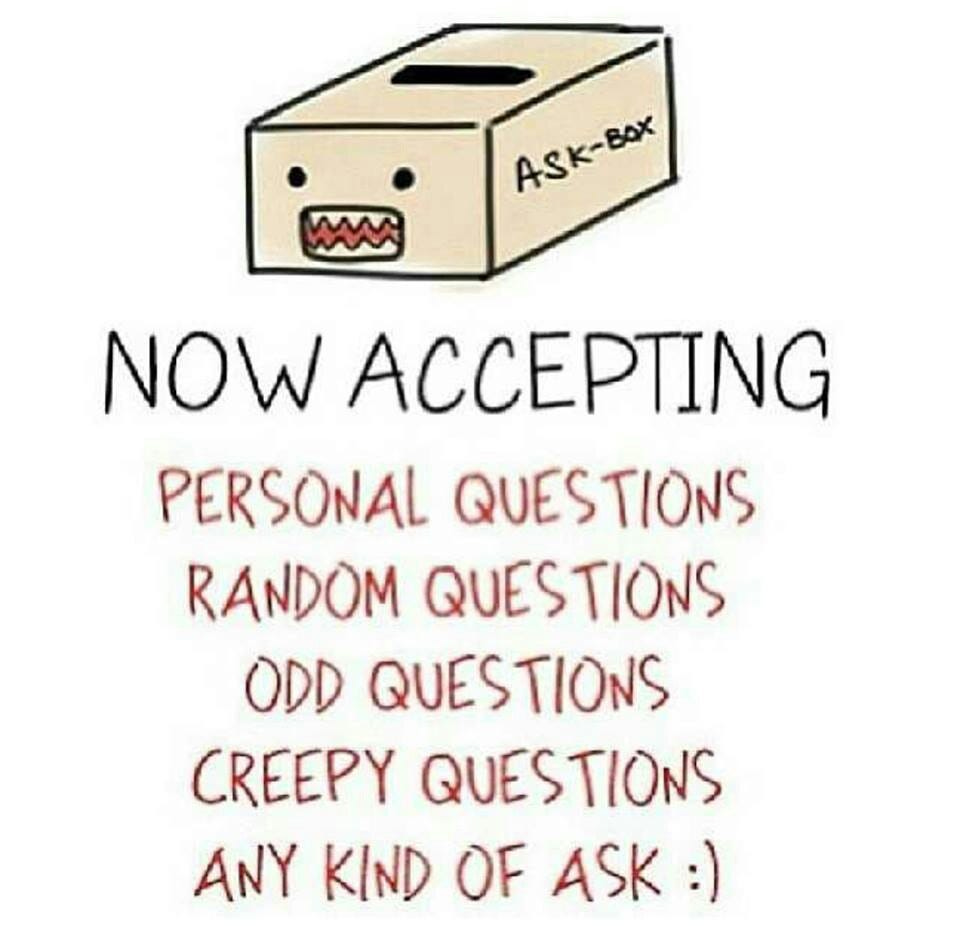[Update: whoa, this was fun! The questions were uniformly great, giving answers in nearly-real-time was addictively fun, and the whole thing gave my friend-in-the-ER — a reader of the newsletter — something to do when they weren’t being stuck with needles. I look forward to doing this again, when the context is right.]
Ah, winter break — the happiest time of the year for Abominable Snowmen and science teachers. I’ve spent it (so far) obsessively drafting posts for the Egan Pattern Language series, so much so I forgot to post this weekend!
(Also, Christmas.)
I can’t bear to tear myself away from drafting patterns to write something polished, BUT I’m in a Mayo Clinic ER waiting room (taking a friend in for a bad asthma attack), and I HAVE promised to do an AMA at some point. And I’m getting bored.
So: ask me anything. Egan, educational philosophies, teaching science, teaching math, teaching history, how we might get this new kind of school off the ground, the anxious feelings inculcated by being surrounded by the sick and dreading, dinosaurs, anything.






What is your religious background?
And since you seem familiar with Catholicism, what do you think Egan meant when he identified as a "Catholic atheist"? Do you think that influenced his philosophy of education?
To lay my own cards on the table, I used to call myself evangelical, but these days that tends to carry a lot of political baggage, so I simply identify as Christian.
I'm excited about all of this great Egan stuff! And overwhelmed. And busy. And intrigued. And ignorant. Can you give me a "quick start guide" for a busy homeschool parent? Top 5 ideas on where to start or stuff to try? Maybe a decision tree flow chart to accommodate different learners/subjects/preferences? Make it practical. Spell out for me some "easy wins" for a newbie. I find myself reading all of this cool stuff, and yet applying nothing, which annoys me. How about some "notes from the field" of readers comparing stories of implementing stuff you're talking about?